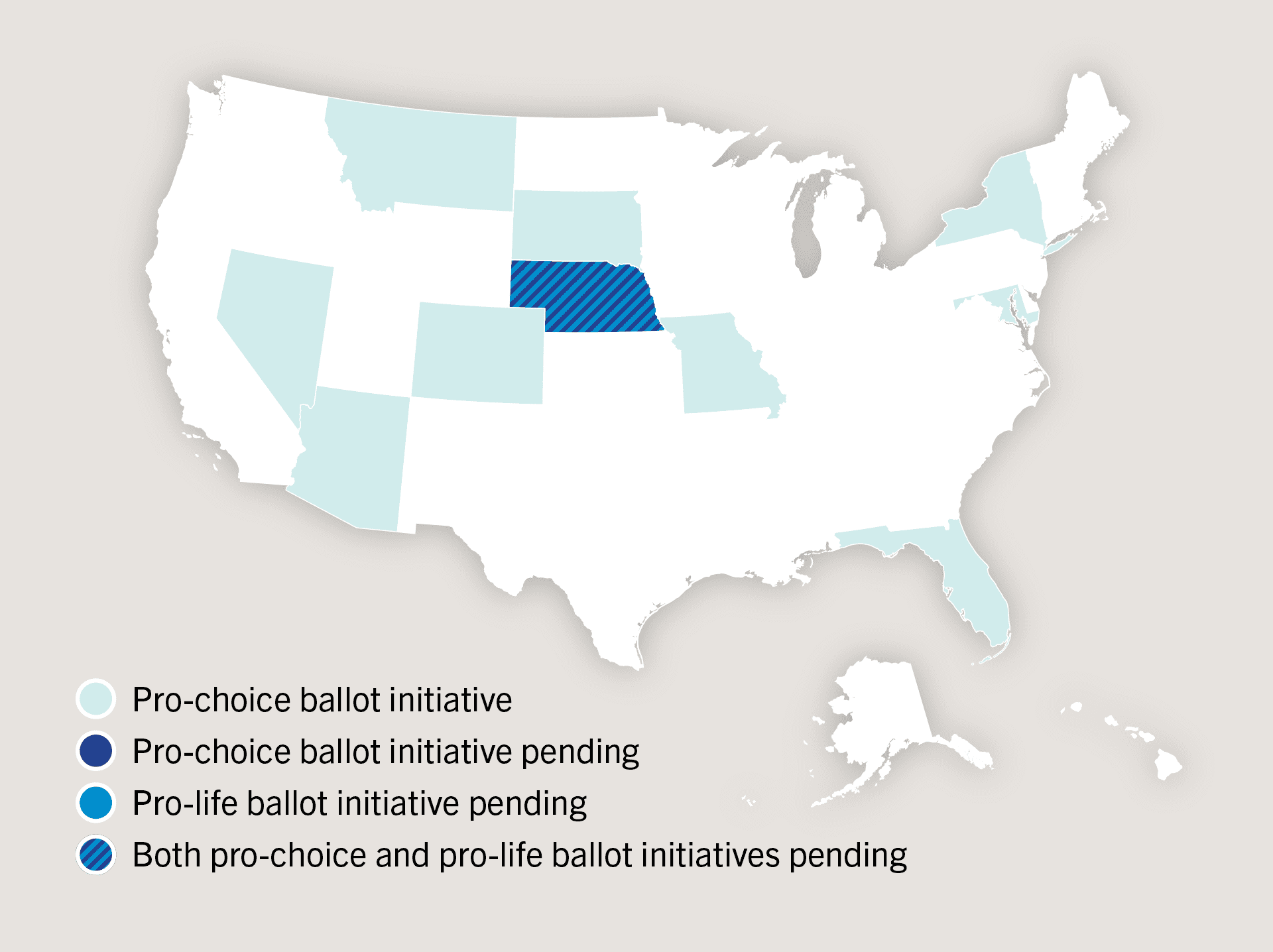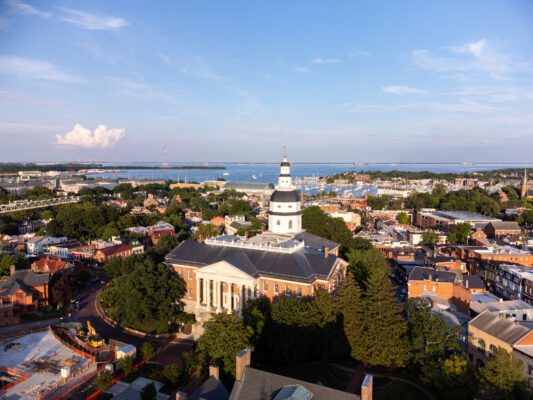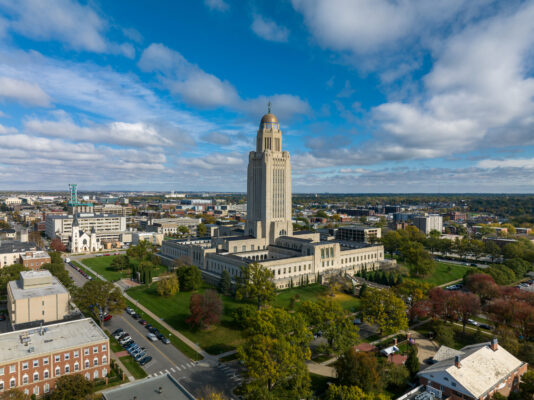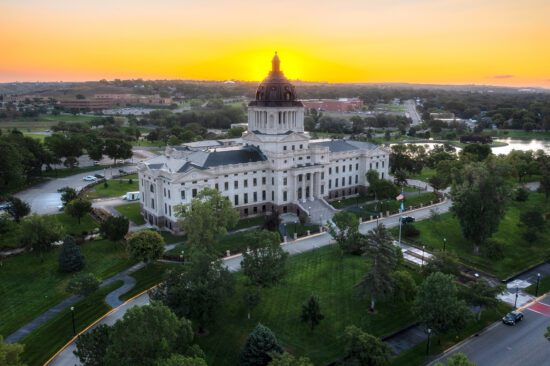Are You Mentally Healthy Enough? Preparing for Adoption’s Hardships (Sharen Ford)
“The question is not if the battle is going to happen, but when,” said Sharen Ford, who opened Friday’s session with some words of caution for adoptive parents, or those considering adoption.
As the program director for adoption and orphan care efforts at Focus on the Family, and having worked for child welfare services at the State Department of Human Services, Ford has seen, firsthand, the devastation of not being prepared.
Challenging the audience, she asked, “Are you building resources along the way? Are you aligning with the right people to support you? Who is walking alongside you for the long haul?”
Further stressing the importance of community for adoptive families, she explained they need practical help from their extended families and the local church in order to win the spiritual battles —this may mean providing food, offering to run errands or helping with household tasks.
Or it may even mean babysitting so the adoptive parents may have some time together.
“Many adoptive families are in survival mode. The war is raging in their homes. Parenting children with trauma history takes a toll,” she said. “You will question your sanity. But God calls people to the mission of adoption.”
The Life-Changing Influence of Foster Care (Jim Daly)
Jim Daly, president of Focus on the Family, shared his experience as a child in foster care. Born to an alcoholic father and a mother, who, would later leave him with their five children, he ended up in the foster care system after his mother died from an illness when he was a child.
Daly himself was nearly aborted. His mother was 42 when he was born. In their state (before Roe v. Wade), a pregnant woman over 40 could legally have an abortion. As it turns out, it was his alcoholic father who convinced her to carry the baby to term.
“When I look on all that…that’s the motivation for me,” Daly said. “When people ask me why I do what I do, I tell them I do it for the kids.”
Later, as a married man with two sons, God called Daly and his wife to foster care. It came with hardships, but he learned one of the most important truths about the Savior through his experience: “The Lord is not about your comfort—he’s about your commitment.”
A Consistent Pro-Life Worldview: Confronting the Moral Blind Spots in our Everyday Lives (Albert Mohler)
Dr. Albert Mohler, president of the Southern Baptist Theological Seminary, delivered an address that outlined the importance of developing a pro-life theology, and the societal implications of a culture that does not value life.
“We can’t expect for any society who fails to see much as sacred will see the sanctity of life,” Mohler said. “Human flourishing cannot exist where human life is extinguished. God hates abortion. God hates every denial of his perfect gift of life.”
In a world where human flourishing was God’s intention, believers must, Mohler said, understand what Scriptures like Deuteronomy 30 say about seeing creation as a means for displaying God’s glory and advancing his Kingdom.
“If we are going to have a consistent pro-life theology, ethic and worldview, we will see abortion as an assault upon God’s glory, sovereignty and will.”
Respecting Human Dignity Through Civil Discourse (John Stonestreet)
“People last year were announcing the end of the prolife movement. They were wrong,” said John Stonestreet, president of the Colson Center. “The ball is getting ready to roll downhill. The pro-life movement has gotten smarter.”
While we should celebrate the wins in the battle of life, we should guard our attitudes toward those who antagonize or oppose us, as they are God’s image bearers.
“We have to treat other people with respect,” he said. “The greatest temptation to not treat them with respect is not when you are losing, but when you are winning.”
Stonestreet said there are two key things to remember about civility when engaging in discourse with people on the other side of the pro-life and other divisive issues.
First, civility has nothing to do with reciprocity. “We’re not civil to people because they are civil to us,” he said. “We’re always tempted to respond with the tone they are using with us. In today’s heated climate, it is a revolutionary act to respond to wrath with a soft answer.”
Secondly, Stonestreet explained that civility is not a strategy. “We’re not civil because it works,” he said. “We don’t treat others with respect because it helps us win…or get ahead. Civility is an expectation of anyone living out the grand story of redemption. We do it because it’s right. We do it whether it works or not.”
There is, however, a clear distinction between civility and tolerance.
“Civility is not tolerance,” said Stonestreet. “The worst thing you say to someone who is in grave danger, that they are not.”
Social Justice, Human Dignity and the Gospel: A Comprehensive Pro-Life Stance (Eugene Cho)
Founder and pastor of Seattle’s Quest Church, Eugene Cho guided Evangelicals for Life participants to reflect on how to live out the embodiment of the whole gospel.
“We need men and women who believe in the gospel story to open their eyes (to the injustices) in their cities neighborhood…awake to the injustices in our world,” he said. “We can’t cherry pick. We must embody the whole gospel.”
And, he said, we need to reject the notion that the work in the trenches should not be left for leadership.
“The work of justice is not just for ministers and prophets,” Cho said. “It’s for the whole church. Truth telling is incredibly important justice work. The good news is God has a long history of using broken, falling people to be his mouthpieces and storytellers. It’s the only kind of people who exist. “
He then offered several things to consider when living out the whole gospel.
First, he said, the church needs to begin operating out of theology taken from the Scriptures rooted in justice. “Justice reflects the very character of God,” he explained. “You cannot read the Scriptures without justice being pervasive throughout. “
Next, he said, theology tells us all life is sacred and every single human being bears the image of God.
“We can’t just be anti-abortion. We should be for the sanctity of life from the womb to tomb,” Cho said. “Not just American lives, but Syrian lives. Not just Christian liberty religious lives, but Muslim refugee lives.”
Cho also said we must humanize justice: “Jesus performed miracles. Regardless of how busy he was, he always stopped and looked people in the eye. When we do that, we say, ‘I see you…you bear the image of God.’”
If we are to be about a comprehensive pro-life ethic, he said we shouldn’t be loyal to political parties: “We must resist the idea that Jesus is a republican or a democrat. And we need to have the courage to speak prophetically on all of these issues.”
Welcoming Sojourners: How the Gospel Urges Us to Love the Immigrant (Samuel Rodriguez)
Samuel Rodriguez, president of the National Hispanic Christian Leadership Conference, explained that loving the immigrant is not a political, but a prophetic biblical issue with political ramifications.
“We need a political solution, but driven by a prophetic impetus,” said Rodriguez. “Scripture not only delivers an admonition but an exhortation to address the stranger.”
He also suggested the church should “stop creating evangelical silo…evangelicals want to protect the baby in the womb.” There must be one continuum of life—the immigrant has the same inherent value as the pre-born baby.
Rodriguez explained that immigration has definitive kingdom implications, since the fastest growing segment of many denominations is coming out of the immigrant community.
“They stand at the precipice of a new awakening of America. Deportation equates to deporting the future Christianity of America…We need to look at immigration as Christians, and not republicans or democrats.”
Panel: Ministering to Refugees and Immigrants—Hard Questions, Complex Answers and Loving Our Neighbors (Travis Wussow—moderator, Bryant Wright, Jenny Yang, Matthew Soerens, Samuel Rodriguez and Stephanie Hammond)
This panel, composed of pastors and workers for relief organizations, discussed the current political climate and how it will affect refugee care, as well as suggested ways individuals and the local church can be agents of change. Here are their thoughts:
Rodriguez: “The same evangelicals who voted for Donald Trump have an obligation to serve the least of these.”
Wright: “We get our guidance from the Word of God, not talk radio. People were floored by Johnson Ferry’s (his church) work with refugees and sent donations. That gives us a witness for Christ.”
Sorenson: Familiarize yourself with what God has to say about the foreigner in the Scriptures. Listen to the stories of refugees themselves.
Yang: If you haven’t contacted elected officials, call them. Write them. “Our response to refugees is not a test of our politics. It’s a test of our faith.”
Hammond: Elected officials need to hear positive stories from Christian involvement with refugees. Go to town hall events and ask question about these issues.








